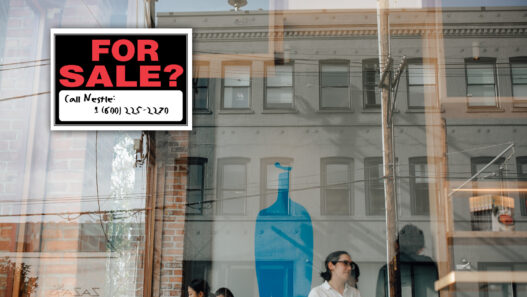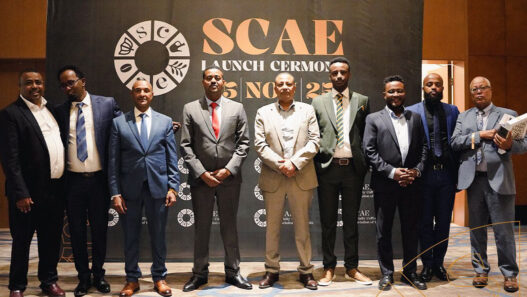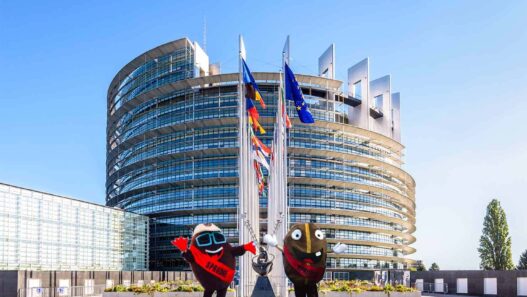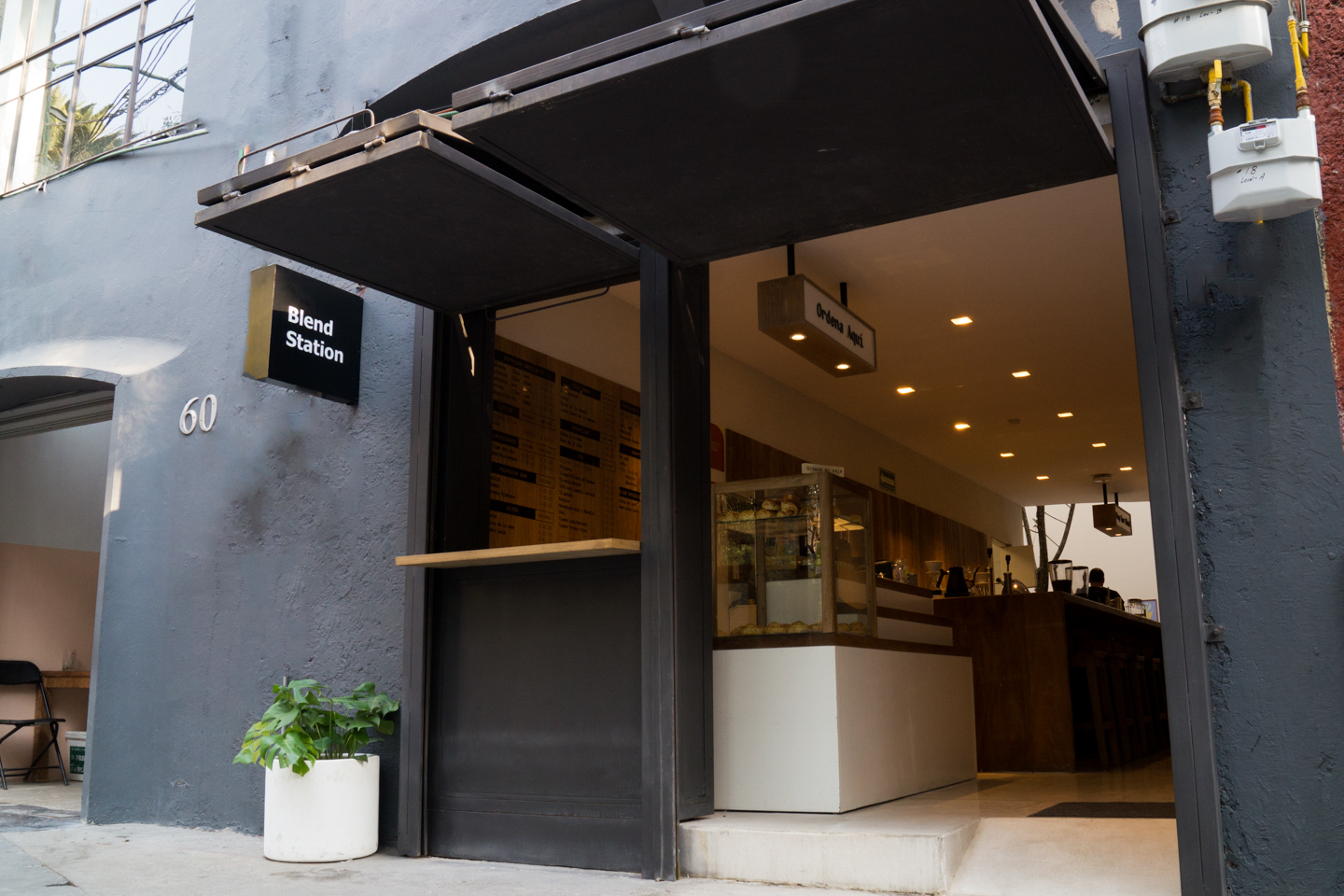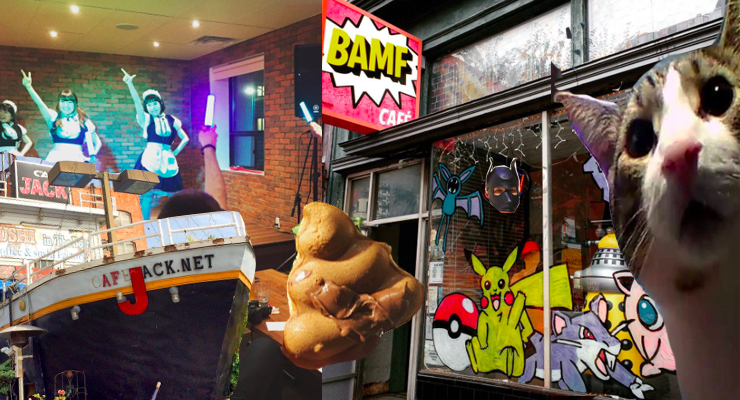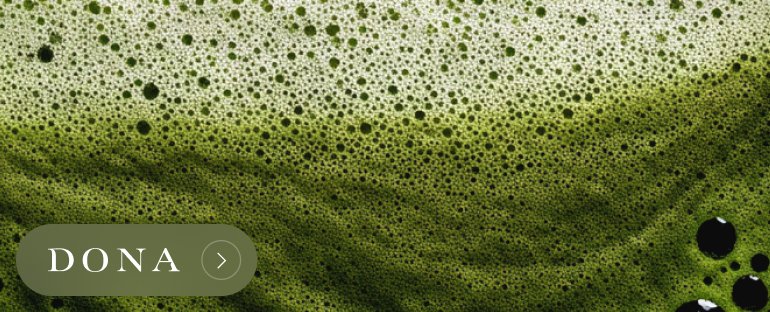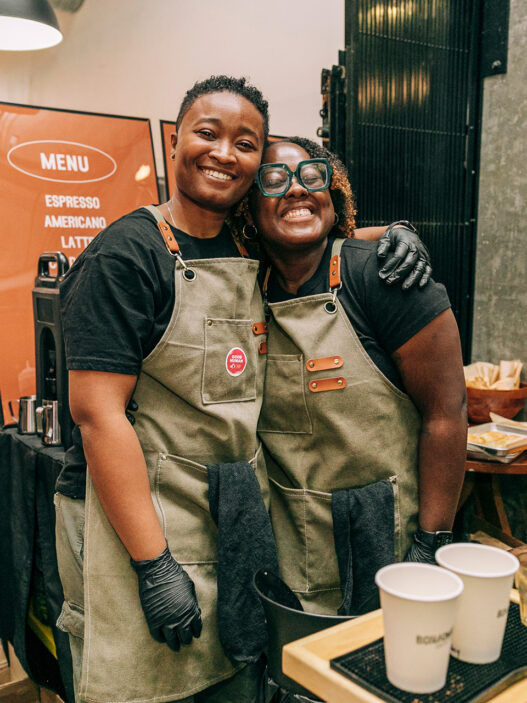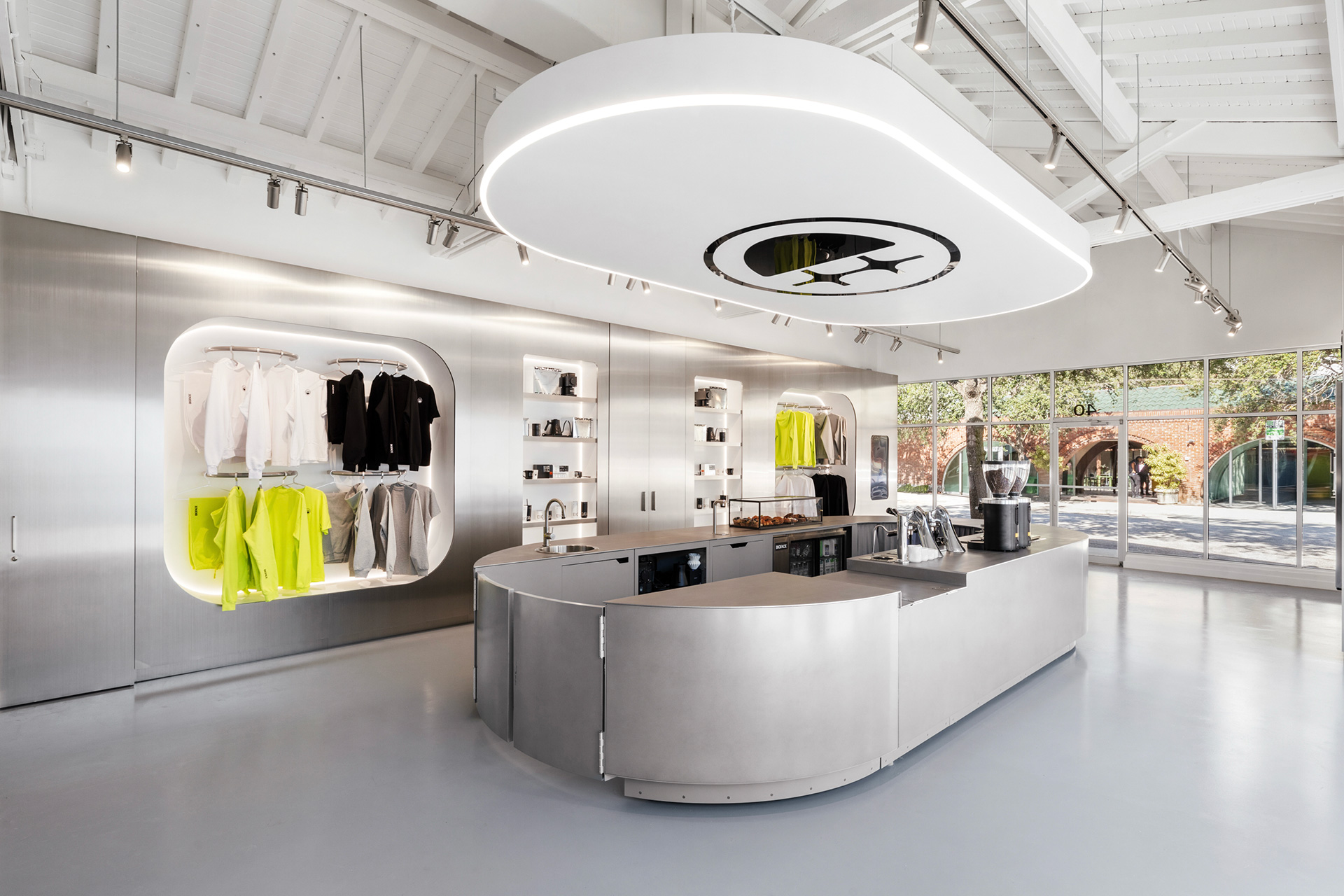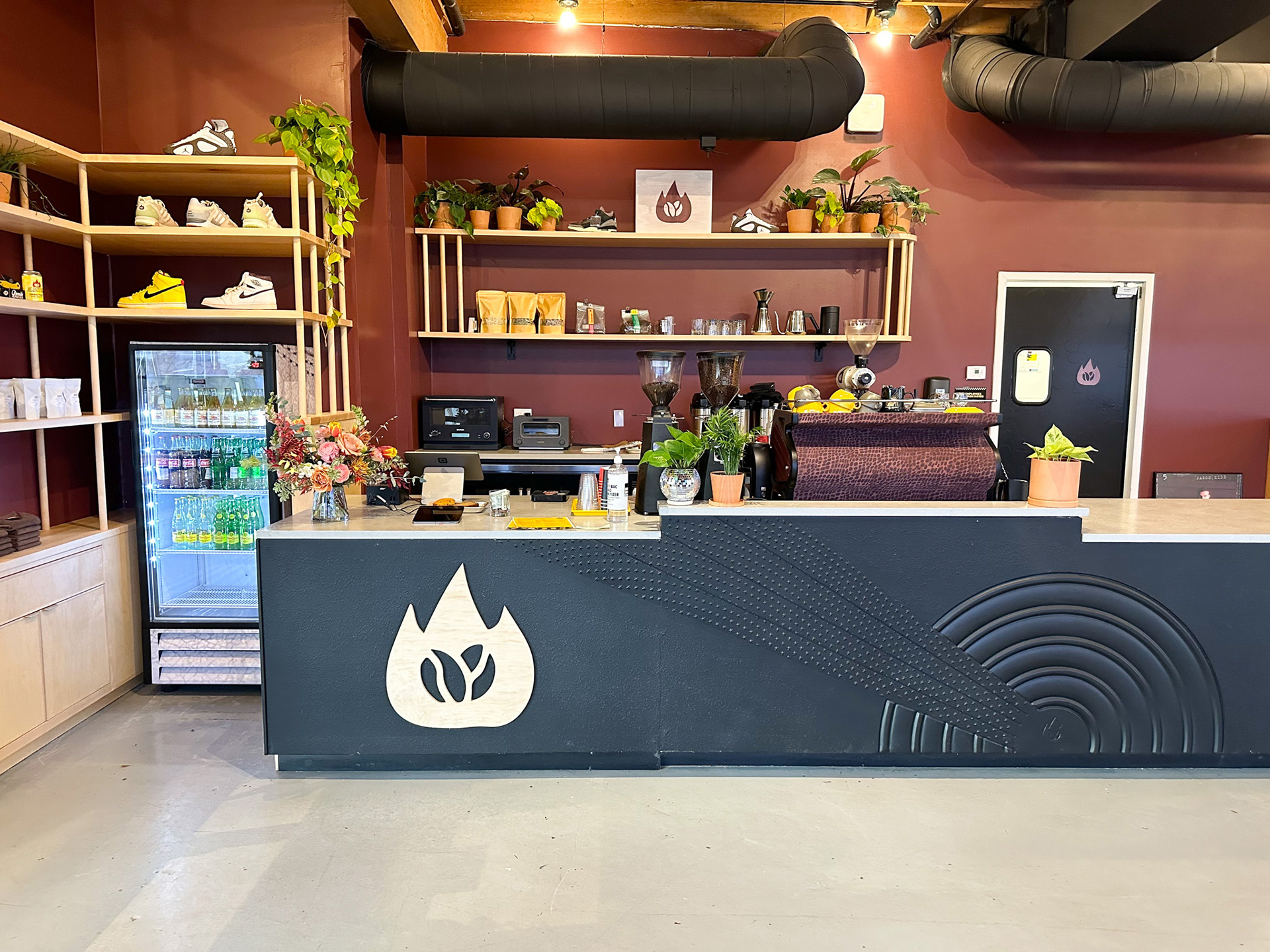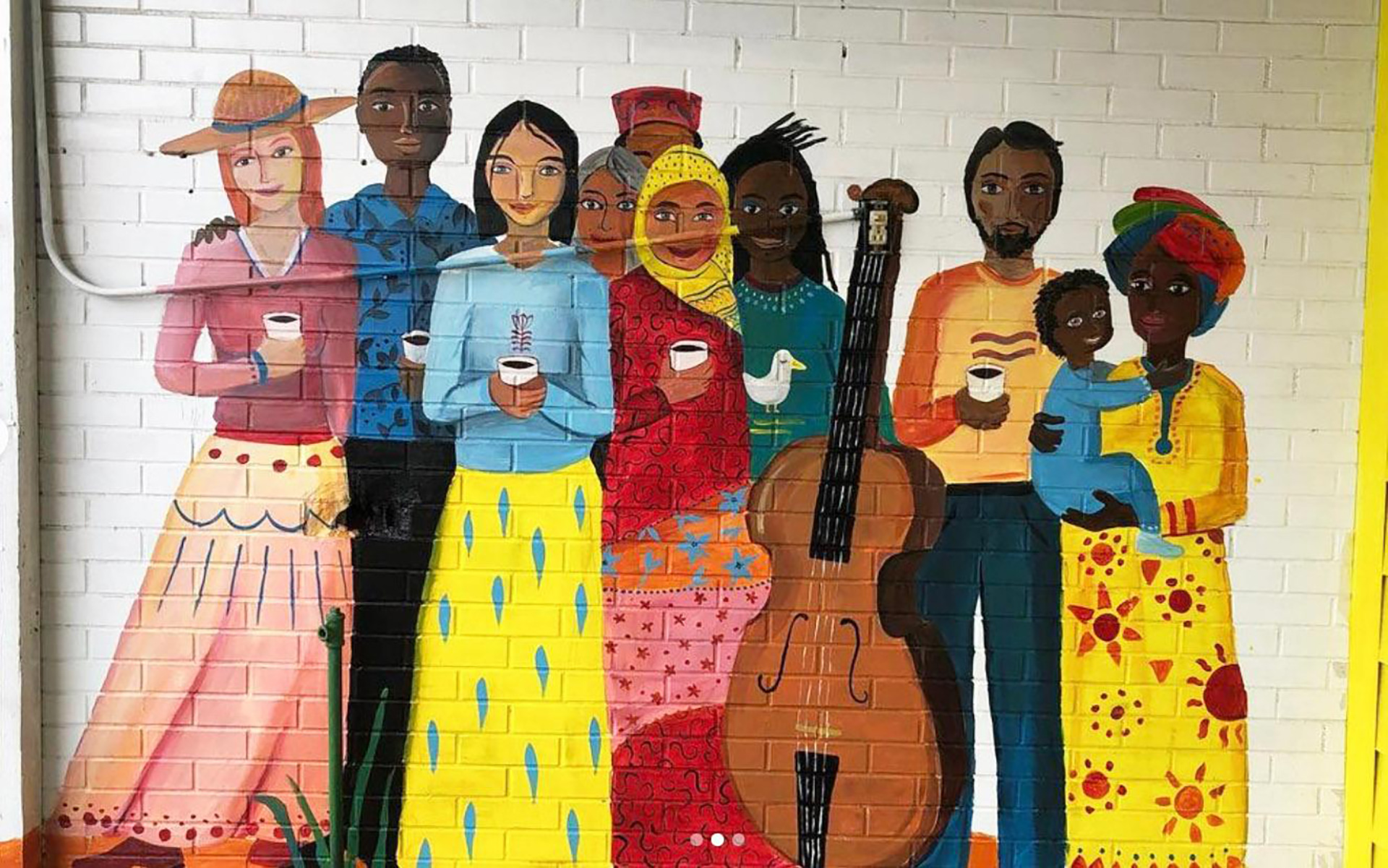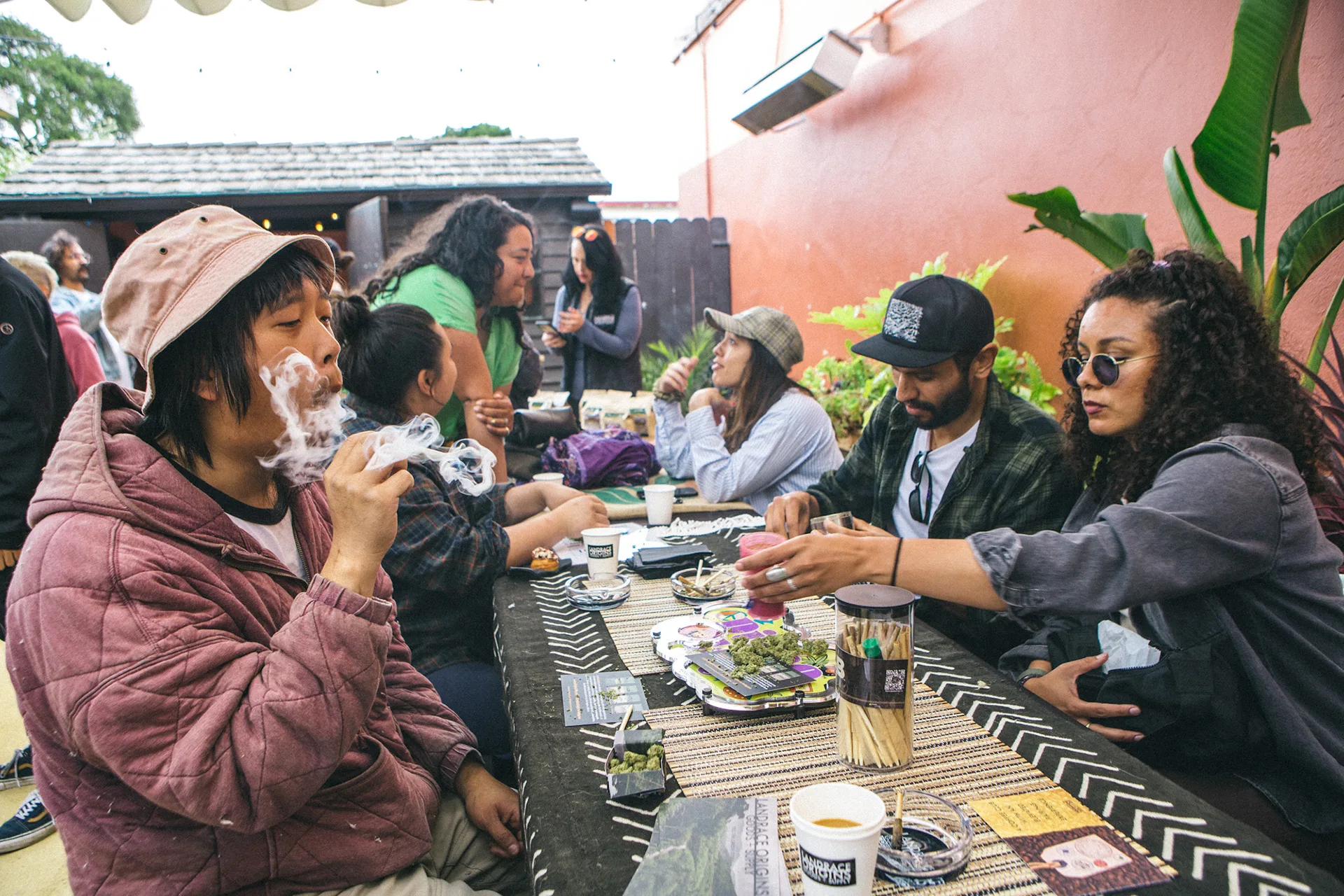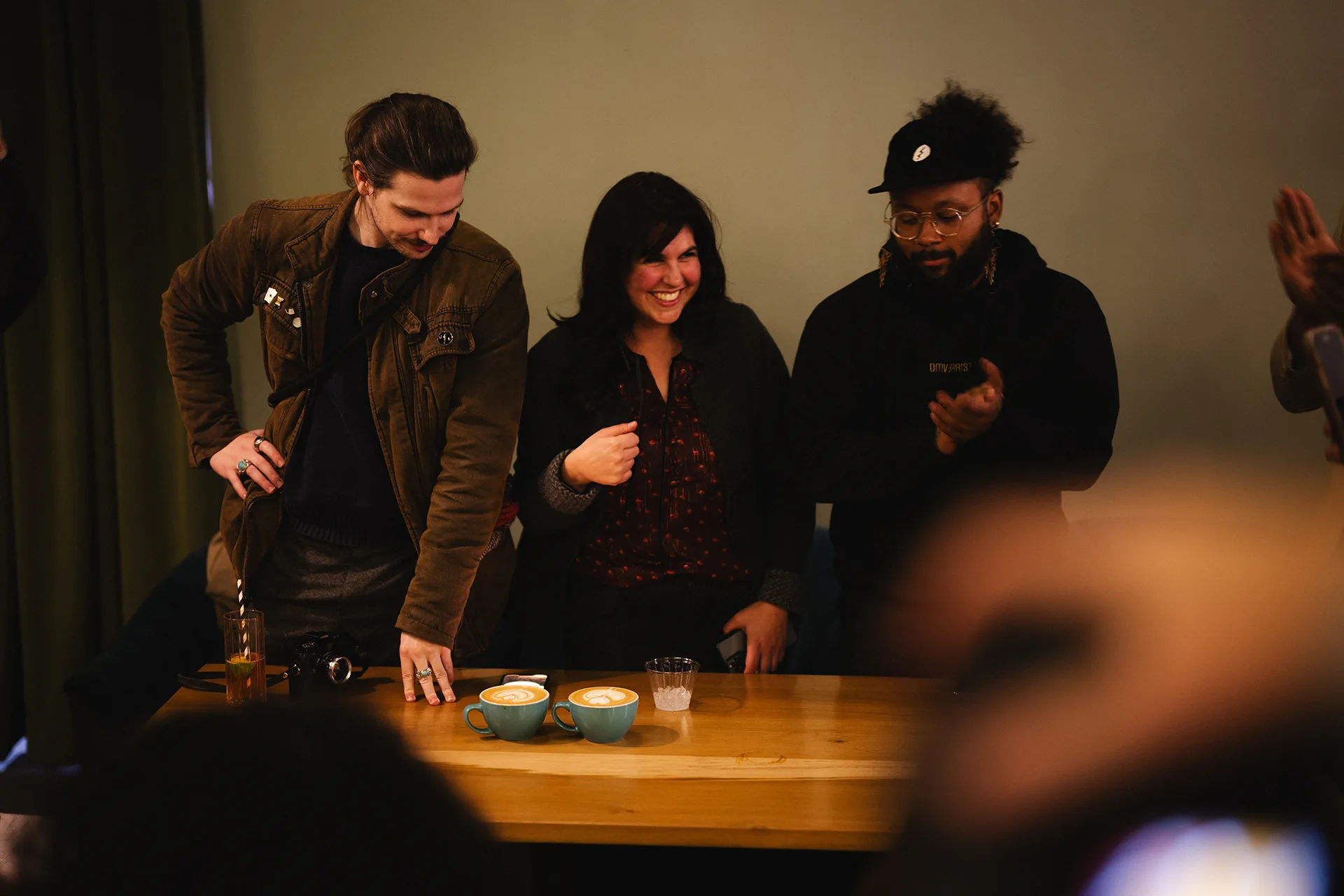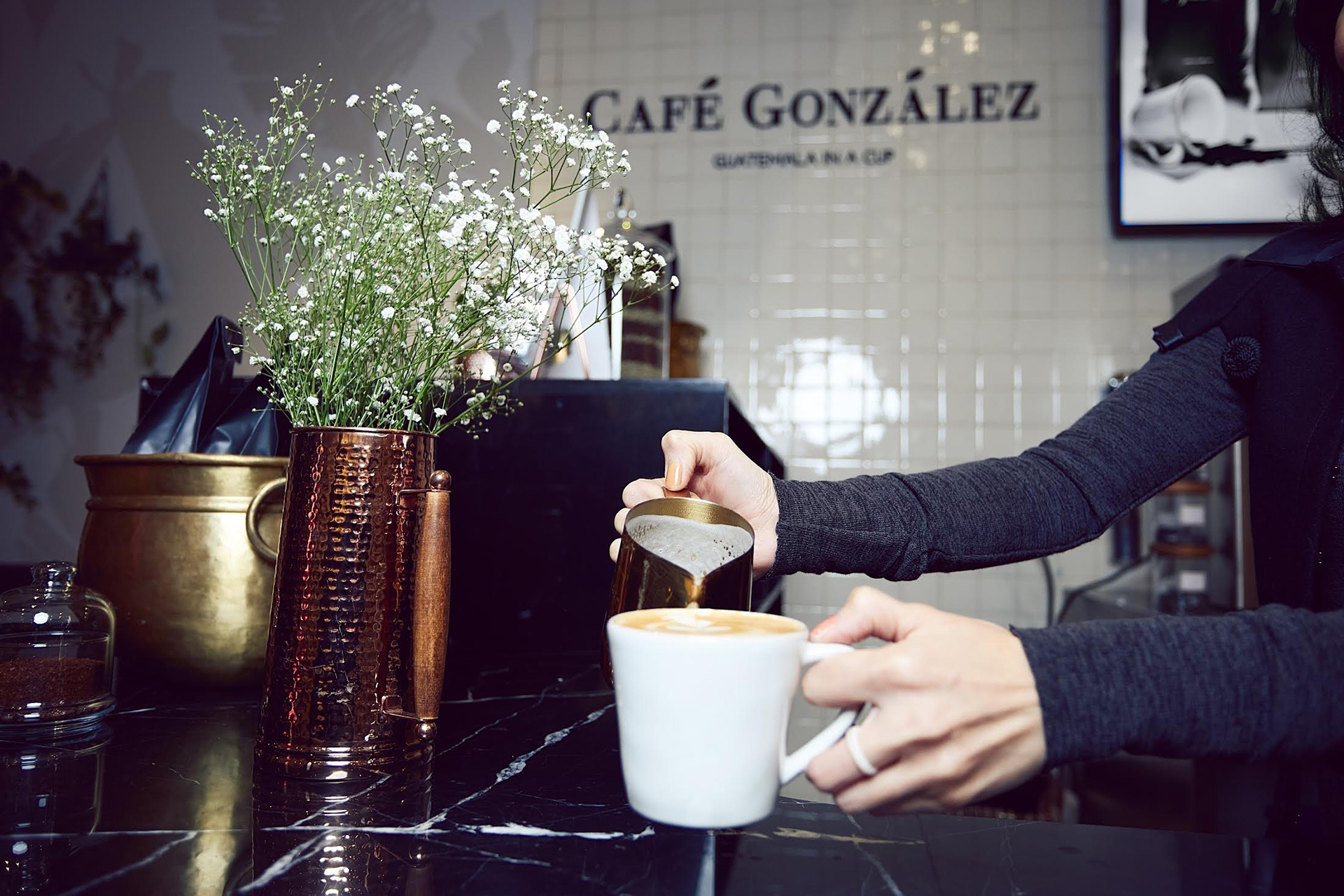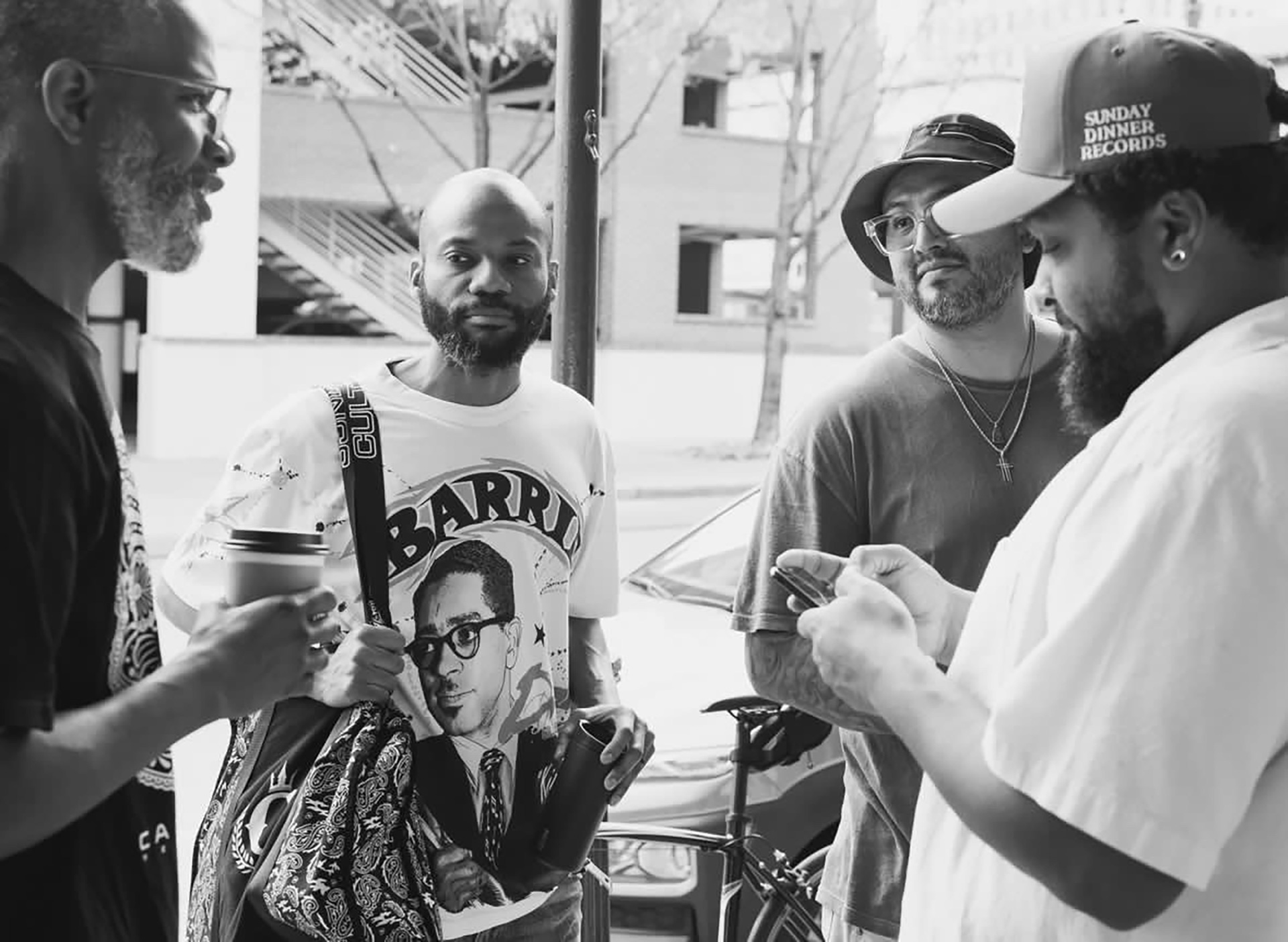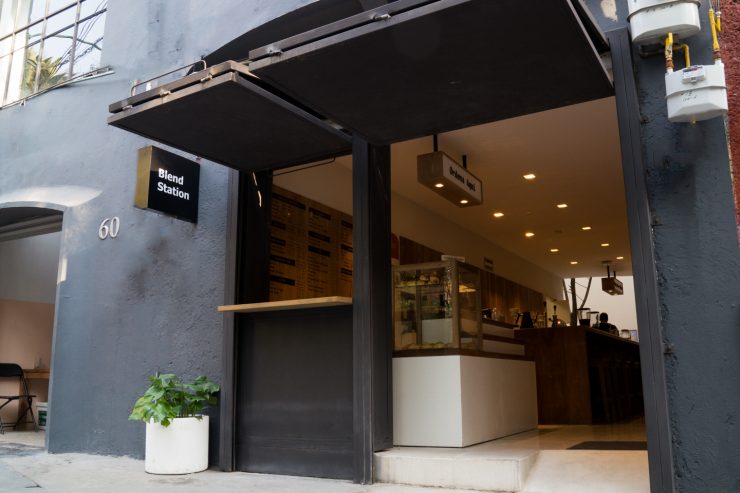
In the past few years, Mexican coffee culture has seen steady growth. People in the capital are starting to take coffee seriously, and coffee shop openings in Mexico City—especially since 2016—have been on the upswing, with many more roasteries and cafes joining the city’s busy landscape.
But some people have been in this business for a long time now, like Abril Solis, one of the owners of Mexico City’s stylish Blend Station. Solis has been working with coffee for 20 years now. She is a certified Q grader and a technical judge in national barista competitions. Together with Alejandro Forte, she decided to open a roastery and a coffee shop that would showcase the very best Mexican beans. Solis is the coffee quality side of the operation, while Forte is the “idea guy”.
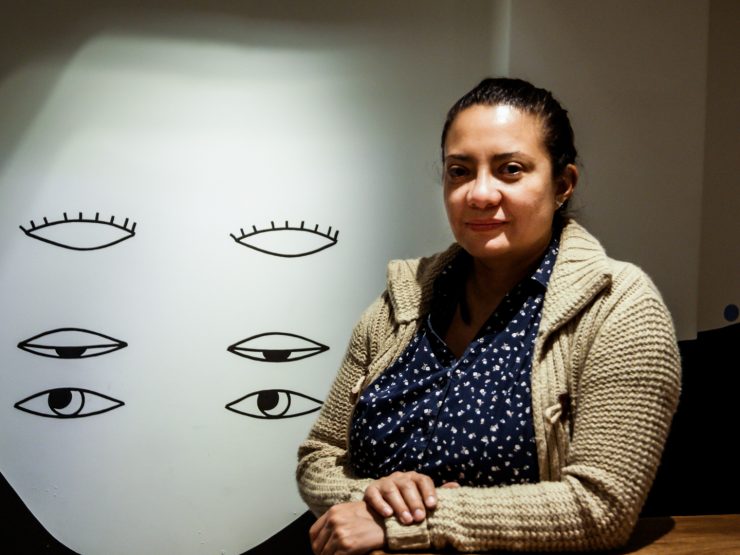
Solis also gets involved on the farm level. She started a project four years ago in order to help producers improve their quality, which now extends to more than 15 farm families in Oaxaca, Hidalgo, and Chiapas. She has been working the longest with the coffee from Hidalgo, a region that was once not considered very good for coffee production. Now, this region has earned a reputation alongside the others for quality. Most of the coffee served at Blend Station is from micro-lots sourced from these families’ farms, along with other Mexican producers, which Solis roasts in a 12-kilogram Diedrich in the Blend Station coffee lab outside the city. Solis believes Mexico has the potential to compete with other coffee-producing countries—it is just a matter of boosting both quality and awareness.
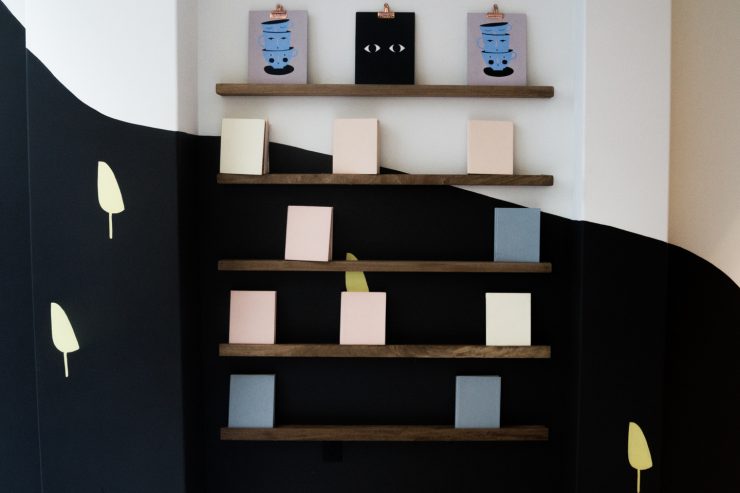
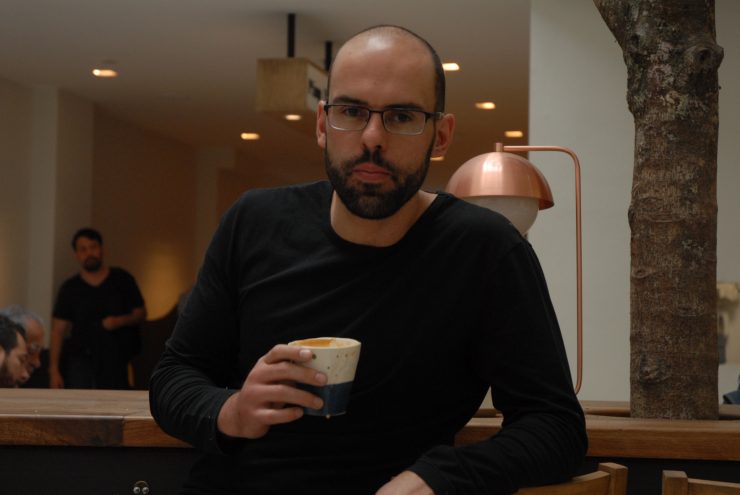
Their passion for Mexico does not end at coffee itself. The unusual milk steamer in this coffee shop is a project of inventor Ángel Valera, a Mexican coffee machine technician who is starting to design coffee machines. Blend Station gave him the opportunity to experiment, and he is designing more equipment for them for the future. At the moment, they are using a Modbar to pull their espresso, because of its quality and capacity for experimentation, as well as the opportunity to engage better with customers with the absence of a bulky physical barrier atop the bar. They have two Compak grinders for the different types of espresso, and for filter coffee the shop offers a variety of manual brewing options like French press, Kalita, and Chemex.
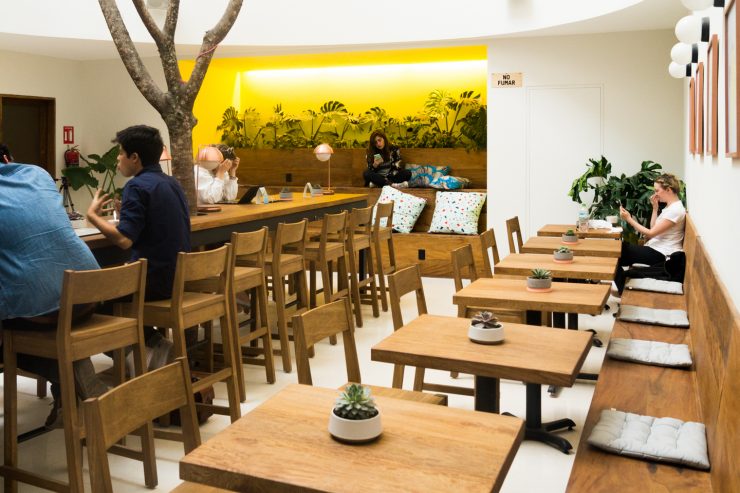
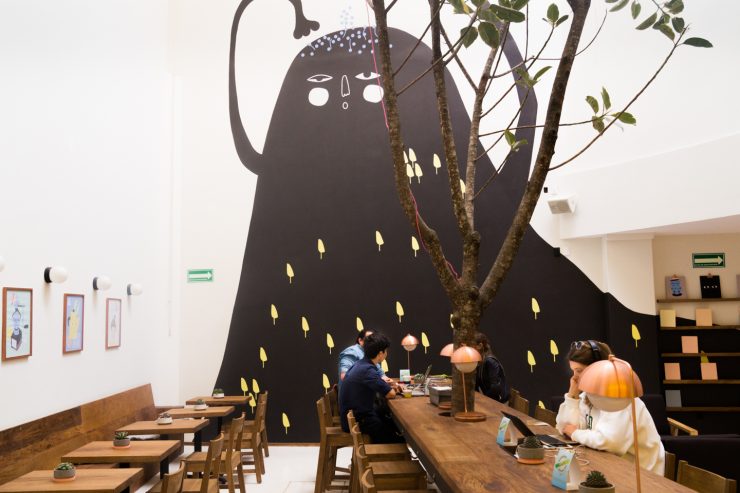
Blend Station occupies the trendy La Condesa neighborhood, which is popular because of its architecture, fine dining restaurants, art, and independent cafes nestled amid abundant plant life and tree growth. Seeking something similarly green and organic for the shop’s design, they hired Mexican design group Futura. The shop’s abundant light is perfect for the selection of plants and indoor trees within—which they hope one day will cover the shop’s insides in green. Large by Mexico City standards, the cafe’s interior seats up to 70 people, all of whom may partake of not only Solis’ carefully roasted Mexican coffee, but a thoughtfully paired food menu made from high-quality Mexican products.
Blend Station hopes to grow, while being careful to never leave Mexican coffee—its foundation—behind. With sights still set on elevating Mexican coffee in the world’s eyes, Solis hopes that her commitment to coffee farms and producers—and of course the final cup—will lead by example.
Ximena Rubio is a coffee professional based in Mexico City. Read more Ximena Rubio on Sprudge.
Photos courtesy of Juan Pablo García.




